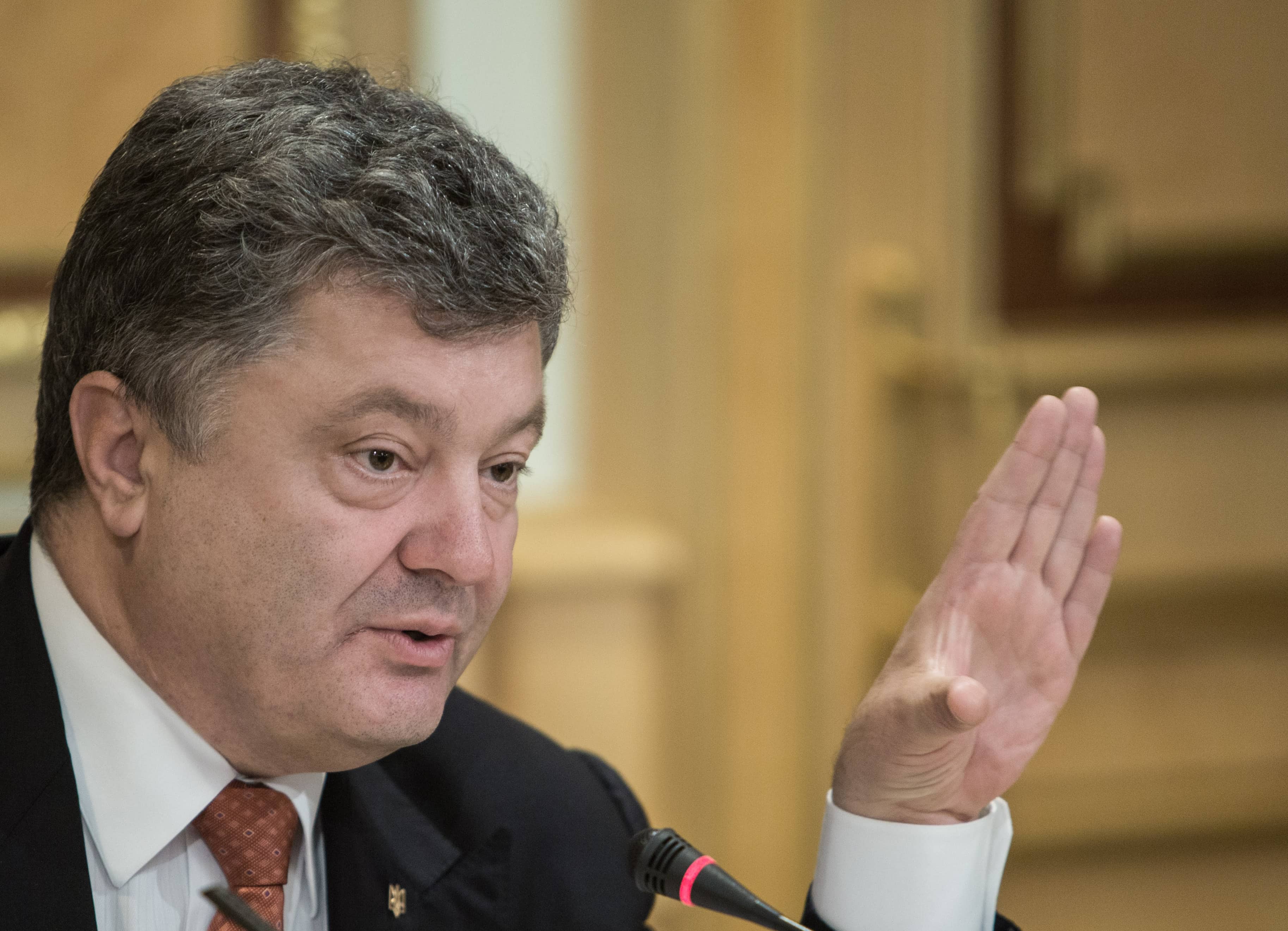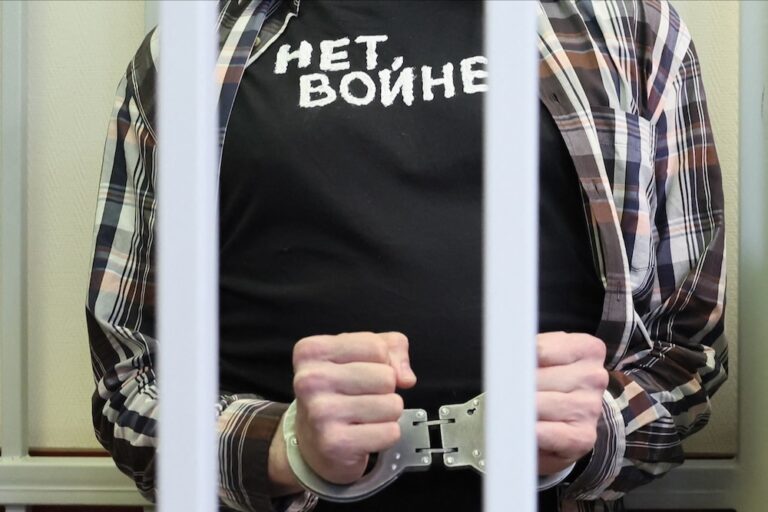President Petro Poroshenko of Ukraine signed a decree on September 16, 2015, expanding a wide-ranging blacklist of people banned from entering Ukraine, including dozens of journalists,.
This statement was originally published on hrw.org on 17 September 2015.
President Petro Poroshenko of Ukraine signed a decree on September 16, 2015, expanding a wide-ranging blacklist of people banned from entering Ukraine, including dozens of journalists, Human Rights Watch said today. Poroshenko should immediately revise or revoke the decree.
“Banning journalists is a misguided, inappropriate response to whatever disagreement the Ukrainian government may have with news coverage and shows blatant disregard for freedom of expression,” said Yulia Gorbunova, Europe and Central Asia researcher at Human Rights Watch. “Barring the door to journalists is a terrible blow for media freedom in Ukraine, and does more harm to Ukraine’s standing than anything the journalists could publish.”
The decree contains a list compiled by Ukraine’s National Security and Defense Council of 388 individuals and 105 legal entities deemed to pose a “real or potential threat to Ukraine’s national interests, national security, sovereignty, and territorial integrity.” In addition to Russian senior government officials, parliament members, and rebel leaders operating in eastern Ukraine, the list includes 41 journalists and bloggers from several countries, including Russia, the United Kingdom, Germany, and Israel. They are barred from entering Ukraine for a year.
Poroshenko said in a statement that the decree was in response to decisions by the rebel-led self-declared Donetsk People’s Republic and Lugansk People’s republic in eastern Ukraine to hold elections that are illegal under Ukrainian law.
According to media reports, following signing of the decree Poroshenko requested that the National Security and Defense Council remove the names of three BBC correspondents from the list.
While Ukraine has a right to control who enters the country, refusing entry on arbitrary or discriminatory grounds such as nationality, political opinion, or the peaceful exercise of rights such as free expression is inconsistent with the exercise of that right under international human rights law, Human Rights Watch said.
Poroshenko said that the widening of sanctions “was coordinated” with “partners from the EU and US and other countries that support our reaction to the annexation of Crimea and aggression in Donbass.”
“The European Union, its member states, and the United States government should make clear to Poroshenko that they do not support the arbitrary banning of journalists,” Gorbunova said. “They need to say that this is not an appropriate response and that the government cannot cast keeping journalists out of the country as something the EU and US support.”
The Organization for Security and Cooperation in Europe representative on freedom of the media, Dunja Mijatović, issued a statement deploring the sanctions on journalists, saying that “Introducing over-broad restrictions that curb free movement of journalists is not the way to ensure security.”
Ukraine is a party to the European Convention on Human Rights and the International Covenant on Civil and Political Rights, both of which protect freedom of expression. To be legitimate, any restrictions to rights and freedoms during a state of emergency must be specified by law, demonstrably necessary for the purpose of protecting a legitimate aim, in a manner that is proportionate to protect that aim, for a specific period of time to meet the exigencies of the situation, and subject to judicial review. Ukraine has not made any declaration about restrictions on any rights that would comply with these criteria, Human Rights Watch said.



